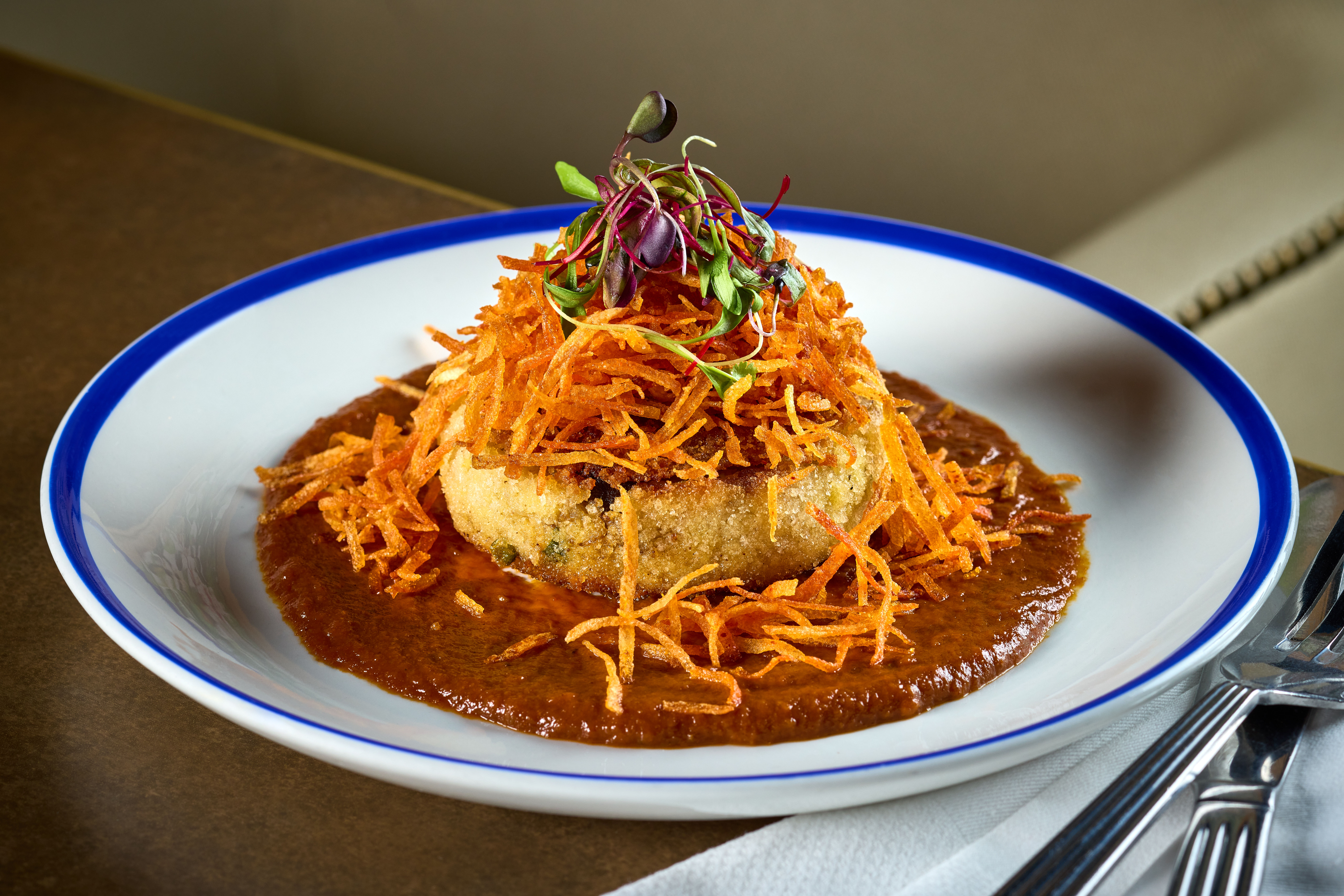Eating out in D.C. might be more expensive than the prices on the menu let on, thanks to service fees. But D.C. lawmakers voted this month to limit those service fees at bars and restaurants to 20%.
Will it make a difference?
Shawn Townsend, president of the Restaurant Association of Metropolitan Washington, joined WTOP’s Anne Kramer and Nick Iannelli to talk about it.
The following transcript and audio has been lightly edited for clarity.
Shawn Townsend: Service charges have been around for years. But what we saw in the pandemic is that we started seeing more service charges as restaurants were looking for some of that funding to go toward purchasing masks and sanitizer, etc. And now that we are out of the pandemic, and we have seen the elimination of the tip credit, here in D.C., that’s happened, and it’s a real thing. And wages have started to go up for tip workers.
The margins are already thin and restaurant operators are juggling between raising their prices and implementing service charges. And so, that is why we see a number of … inconsistencies in the marketplace right now. And we got a bill passed in D.C. Council that will hopefully help us gain some more consistency as we eliminate the tip credit system through 2027.
Nick Iannelli: So for people who go to restaurants, they see these service charges, and maybe they’re confused about what they’re seeing there on their bill — can you explain where that money goes? Does it benefit employees? Or does it just benefit the business? How does that work?
Shawn Townsend: Well, both. I think lots of businesses, lots of restaurants are allocating that funding directly to the workers; they’re splitting it in front of house and back of house. We’re also seeing restaurants utilize it for paid time off, for health benefits, a variety of ways that restaurateurs are using that extra service charge. However, with the common denominator being that majority of it is being allocated toward the worker in some way, shape or form.
Anne Kramer: Sean, in D.C., the tipped wages will be gradually rising to match the city’s minimum wage. As that happens, does that mean we as customers and those who go to the restaurants, are we still expected to tip and how do we figure this all out now?
Shawn Townsend: I think that’s up to the consumer to decide whether they want to tip on top. One thing that Council member Kenyan McDuffie, who’s been a champion of hospitality on the council side, introduced a bill that addresses the service charges. And one thing that the bill does, what I’m looking forward to, is a public education campaign around who to tip, what to tip, what to expect when you get a bill. The disclosure piece of it, deceptive fees, all those things. So, I’m very excited about making sure that we get that information out to the worker, the employer and the diner, most importantly.
Nick Iannelli: So Sean, just real quickly here, let’s talk about where the industry stands. You mentioned the pandemic is largely behind us. But obviously, the pandemic took such a huge toll on the restaurant industry, the food industry. Where do things stand right now? Are we where we were before the pandemic or is there still a long way to go? What do you think?
Shawn Townsend: The pandemic is gone, but the remnants are still there. Some will tell you that we are seeing pre-pandemic levels of revenue coming into restaurants. However, what we do know is that it costs more to operate a business, it costs more to operate a restaurant post-pandemic. And when you factor in inflation, the cost of food going up … if your eggs went up in the grocery store, can you imagine how much they’ve been paying for food in restaurants these days.
And so, all of those things, and you factor in public safety issues and the federal government not quite back to work yet, that means lunch and happy hour are a little dormant. We’ve been trying to do some really cool things to get some foot traffic downtown. But I think we are still a work in progress. We’re not quite there yet, which is why we appreciate and always push our diners and folks in the region to come back to our restaurants and support.
Get breaking news and daily headlines delivered to your email inbox by signing up here.
© 2024 WTOP. All Rights Reserved. This website is not intended for users located within the European Economic Area.







